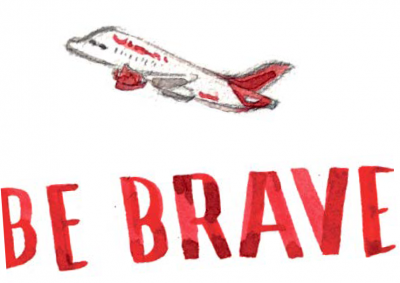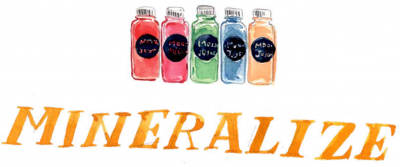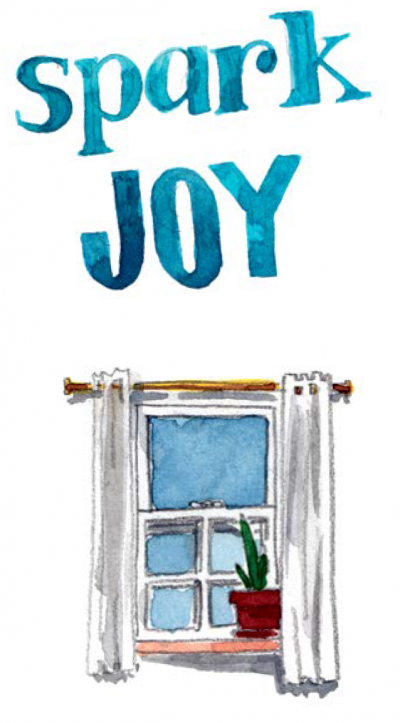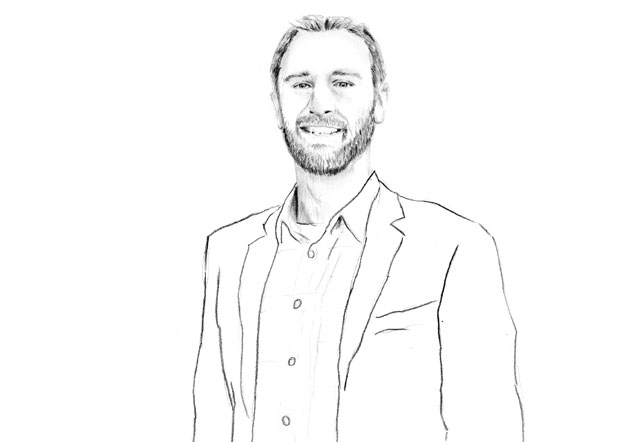
Global Issue
Global Issue: Editor’s Letter
Editor’s Letter
John Fraser
The Michelin-starred chef has a story to tell you through his cooking
Pundy’s Picks for Conscious Travel
Six tips for considered and conscious travel
Genmaicha Martini Recipe
The classic martini plus the health benefits of green tea
The Spread Love Project by Nicholas Konert
How Nicholas Konert’s rainbow heart design became an international icon
Wade Davis
Anthropology is the antidote to today’s nativism says the scholar and author
Carla Sozzani
The future of retail according to the founder of legendary concept store 10 Corso Como
The Art of Migration
The power of art to inspire empathy and social action
John Pawson
Zen Buddhism and minimalist purity drive the celebrated architect
Amy Duncan
As the CBD line Mowellens expands into skincare, its founder shares the personal story behind her company
Sila Sveta
Moscow’s favorite media studio finds the perfect balance between art and commerce
David de Rothschild
In his calls for environmental awareness, the modern explorer finds harmony between man and nature
Can Fashion Be Sustainable?
Shaping a better world through what you buy – or don’t
Brendon Babenzian
Supreme’s former creative director wants to end the cycle of consumption with his new brand Noah
Lily Kwong
Nature invades the urban jungle in the landscape designer’s expansive projects
House of Yes
Behind the scenes with the Bushwick nightlife collective promoting inclusivity and consent culture
Vivie-Ann Bakos
DJ Extraordinaire
Chez Dede
A medium in which two world-traveling, adventurous spirits absorb the globe’s vast curiosities and share them freely
Jesse Israel
A meditation guide for extraordinarily large groups
Liya Kebede
The Ethopian model, activist, and entrepreneur uses her label Lemlem as a force for change
These are—to put it mildly—confusing and overwhelming times. In moments of uncertainty, it can be hard to see clear ways to make a positive impact on the world (or even our own lives). But the world’s greatest disrupters know that the biggest change happens with the smallest steps. So we asked these highly motivated, influential people about how to get started. Turns out it’s as easy as…

RICHARD BRANSON
Founder of Virgin Group
- The most difficult thing about starting something new is often just overcoming the fear of taking that first step. It might mean leaving your existing job; it could mean working long hours and/or having to borrow money to fund it. All can unsettle you.
- My biggest piece of advice to overcome this fear is to spend some time researching your market. It will help you work out the frustrations in that market, what you can do better, and how you can build a team to help you—as having good people around you is crucial to making any new venture a success.
- Ultimately though, no planning or research can really prepare someone for the bravery it’s going to take to start something new. Opportunity favors the bold—this is a lesson I learned early on with Virgin. Which is why I’d encourage everyone to be brave, take risks, and don’t give up. If you’re truly passionate about your idea, you’ll give it your best shot.
AMANDA CHANTAL BACON
Founder of LA-based health food company Moon Juice
- Add the anti-stress herbs adaptogens to your morning habit, coffee, tea, or smoothie. Travel with these easy powders and keep it up. I use single packs for busy travel.
- Avoid an excess of refined sugar, especially when traveling and feeling stressed. Go for berries, sweeten a latte with stevia, or enjoy 90–100% cacao-content chocolate.
- Mineralize! Wherever you are, seek out local organic greens and definitely order seaweed if you happen upon it. Go for a mineral supplement like Quinton if that feels easier—they come in glass vials that pack well.
- Include a good fat every day to keep your metabolism burning and hormones flowing. I love ghee, avocado, coconut yogurt, seeds, raw nuts, or grass-fed butter.


MARIE KONDO
Author of The Life-Changing Magic of Tidying Up, and an upcoming Netflix decluttering makeover show
Follow these simple life-changing tips to declutter your home, life, and workplace. Based on Japanese values, the end result is to surround yourself with items that spark joy.
- Imagine your ideal life in the space that you are about to tidy. If it’s a workplace, consider your ideal way of working. Having this ideal image in mind will motivate you and guide you as you tidy.
- Set a deadline: Tidying should be done as quickly as possible, so that you can shock yourself by seeing the drastic change and be motivated to never revert to clutter. Go through your calendar and set a specific deadline that you want to finish tidying by.
- Finish discarding before storing: One of the most common mistakes is storing things that you no longer want or need. You should think about storage only after you are done letting go of items.
- The criterion for deciding what to keep and what to discard is whether or not it “sparks joy.” Go through each item, and consider if it “sparks joy.” By this, I mean the joy you feel in your body when you touch the item. Hold them one by one as you ask yourself, “Does it spark joy for me?” or “Do I want to have this item in my ideal life?”
KHAJAK KELEDJIAN
Founder of the meditation app Inscape
- To familiarize yourself with meditation, start by using tools, like an app. Find a con sistent space where you’re accustomed to the sounds, scents. The more you meditate within the same, familiar space, the easier it is to stay focused and present.
- Start small. It’s more challenging to run a marathon before you’ve gone jogging. So start with shorter meditation experiences, like breath work. An example of some breath work that can help familiarize you with focusing inward is Alternate Nostril Breathing—it helps calm the mind, reduce anxiety, and bring a feeling of relaxation to the entire body in just a few minutes. You can do this before flying or public speaking.
- Consistency is big when creating a new habit: if you start your morning this way, the interruptions or surprises of the day won’t distract you from this self-care time in the same way they would midday. Again, tools can help: set an alarm that prompts you to carve out some time. We all have 1,440 minutes in a day, so if you give about 1% of those minutes to yourself each day, you can create a habit.
- When you begin meditating, sit for just five minutes—when you start to become distracted, you’ll rationally know that whatever is distracting you can wait for just five minutes. This way, you’ll be less likely to get up and go take care of whatever you thought of. The average person has 35–48 thoughts per minute, so it’s natural to get distracted. Acknowledge these thoughts and come back to your practice. Then slowly, over time, increase how long you’re meditating so it becomes easier.
- If you continue like this, you’ll find you are more aware and present with the people you meet, the places you go, the decisions you make, the experiences you have.

STEPHEN CHEUK
Founder of the weight training and nutrition program S10
- Training Schedule time in your day for yourself, whether it’s 15 minutes in the morning to meditate, an hour to go for run/yoga/gym or whatever fits.
- Move more. Walk home instead of taking a taxi. Take the stairs instead of the elevator.
- Have a purpose when you work out and train for a goal (i.e being more mobile, getting leaner, or running faster). Then follow a program specific to that goal.
- Eat real foods, eat smart, and eat specific to your needs. Plan ahead and prepare your own meals when possible.


SARAH SOPHIE FLICKER
Women’s March organizer
- Committing to doing something small every day sounds like a lot. But really, it be comes muscle memory.
- Calling your representative about a topic you care about, showing up for a rally or march (even for a few minutes), supporting communities outside your own, having daring discussions with people, random acts of kindness…they all make a difference.
- It may be scary the first or even second time, but the more you do anything, the easier it becomes.
- My friend Erica Chenoweth, who is an expert in non-violent social movements, always reminds us that it only takes 3.5% of the population staying active to move the needle.
- And, of course, take breaks when you need to.
Art & Culture
The power of art to inspire empathy and social action
Zen Buddhism and minimalist purity drive the celebrated architect
Moscow’s favorite media studio finds the perfect balance between art and commerce
Behind the scenes with the Bushwick nightlife collective promoting inclusivity and consent culture
DJ Extraordinaire
A medium in which two world-traveling, adventurous spirits absorb the globe’s vast curiosities and share them freely
A meditation guide for extraordinarily large groups
Experiences
Moscow’s favorite media studio finds the perfect balance between art and commerce
In his calls for environmental awareness, the modern explorer finds harmony between man and nature
Behind the scenes with the Bushwick nightlife collective promoting inclusivity and consent culture
DJ Extraordinaire
Food & Drink
The Michelin-starred chef has a story to tell you through his cooking
Six tips for considered and conscious travel
Personalities
Style
The classic martini plus the health benefits of green tea
How Nicholas Konert’s rainbow heart design became an international icon
As the CBD line Mowellens expands into skincare, its founder shares the personal story behind her company
Nature invades the urban jungle in the landscape designer’s expansive projects
The Ethopian model, activist, and entrepreneur uses her label Lemlem as a force for change

